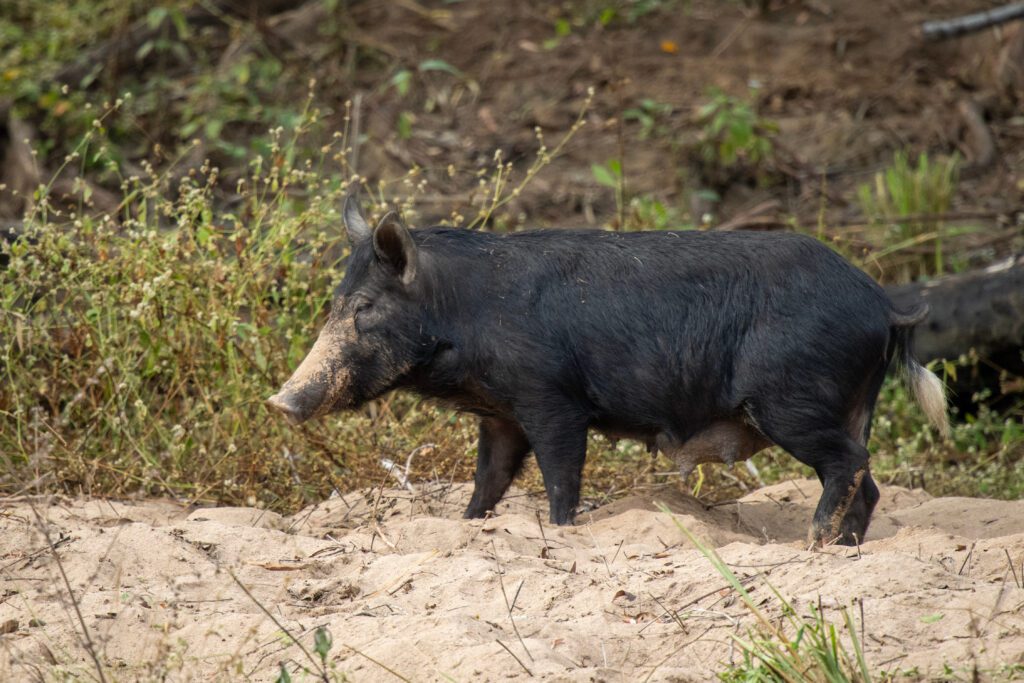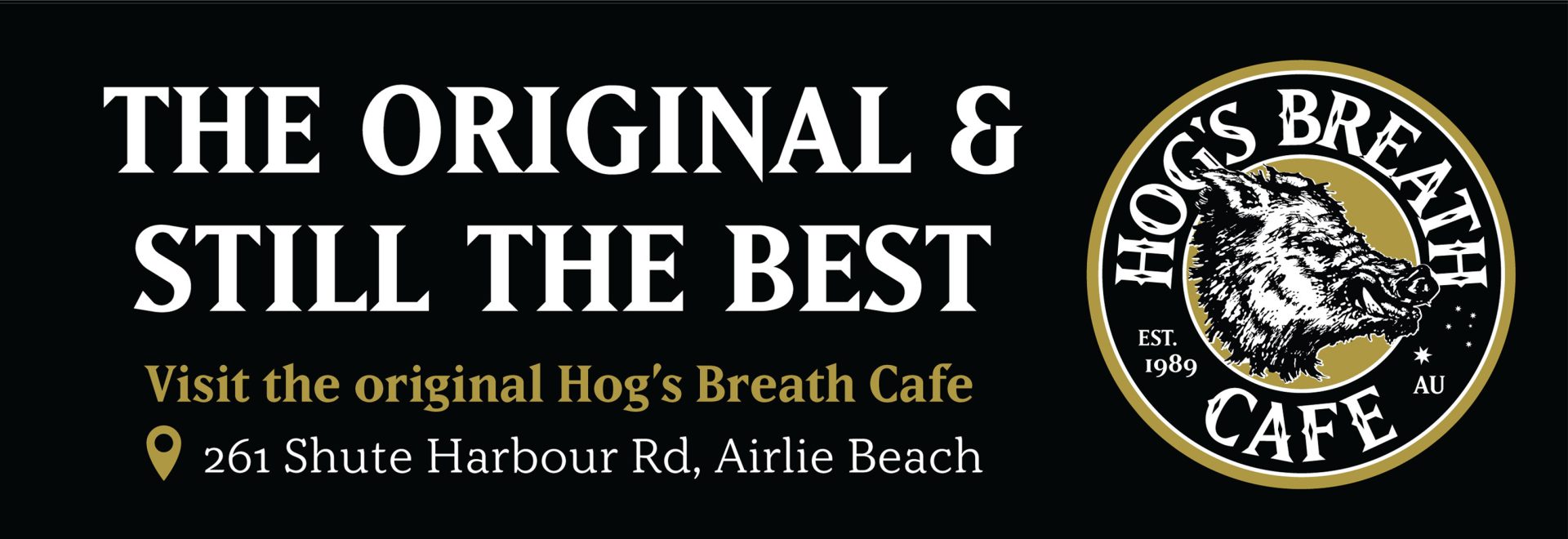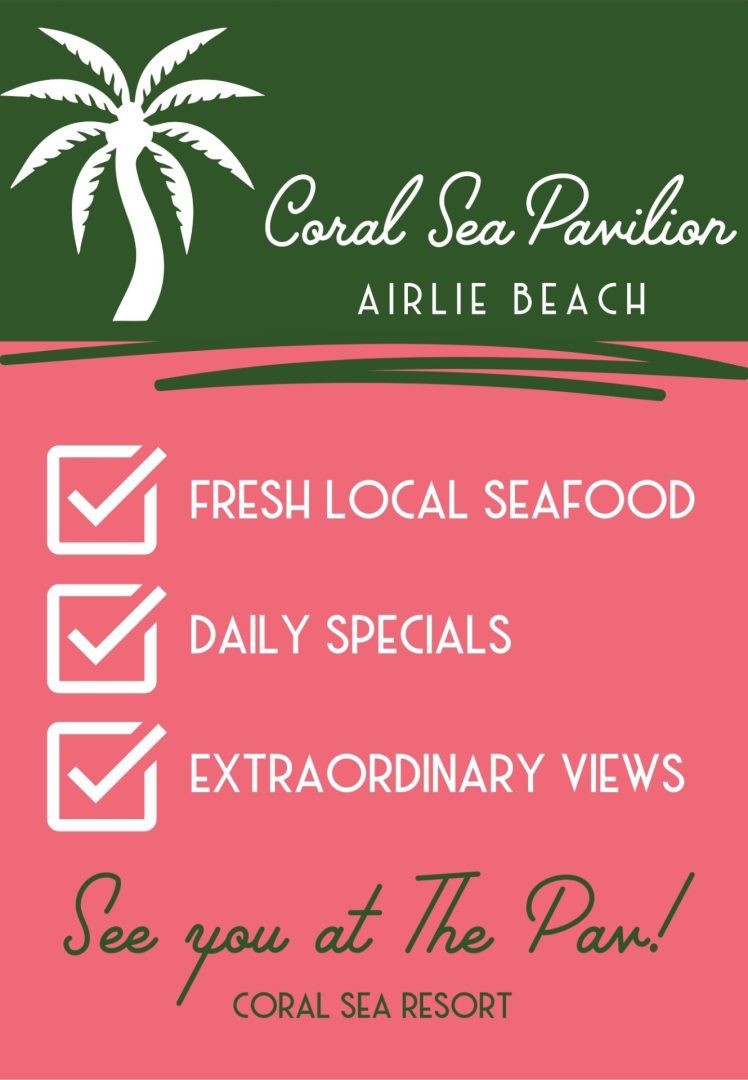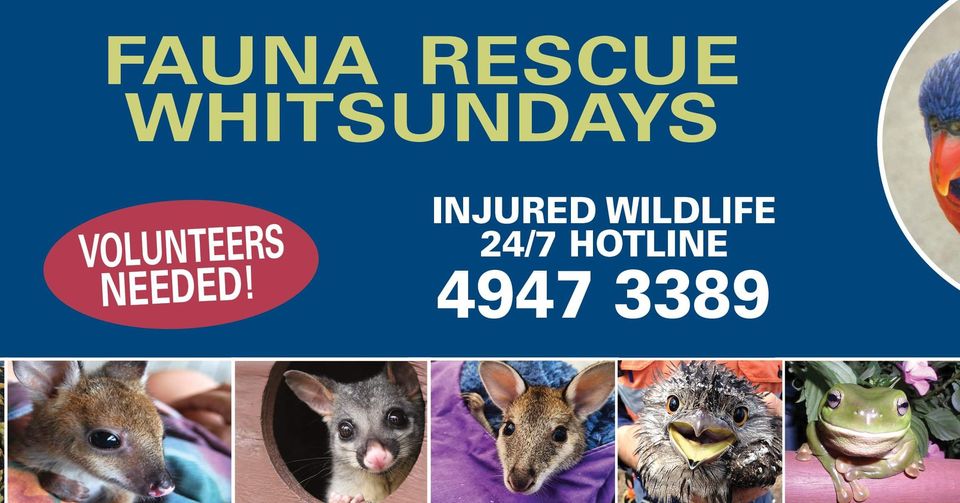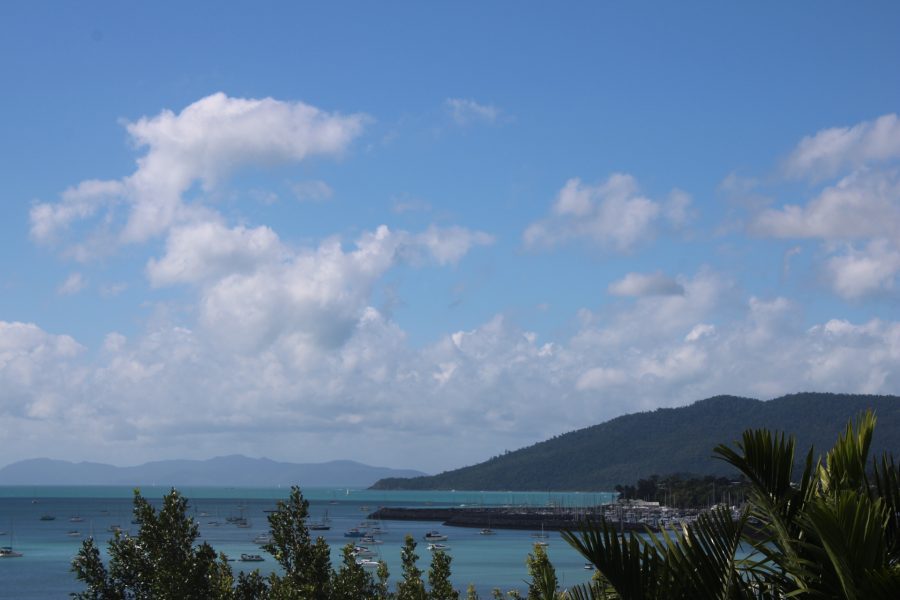AUSTRALIA is home to many animals that are considered pests.
These animals are often referred to as feral (a feral animal is one that lives in the wild but is descended from domesticated individuals) or invasive (an invasive animal is an introduced animal that harms its new environment).
Feral and invasive animals can be quite destructive to the environment.
Unfortunately, the Whitsundays is home to several feral and invasive animals.
A short list would include: Pigs, dogs, yellow crazy ants, cane toads, tilapia fish, cats, European rabbits, and goats.
Feral pigs are a huge problem, with over 19,000 feral pigs in the Whitsunday Region.
These animals damage approximately $12.5 million worth of agriculture, horticulture, grazing and sugarcane, and $28 million worth of environment, such as National Parks, per year.
Feral pigs are also a vector for transmitting disease to cattle and native animals.
Whitsunday Regional Council works closely with key stakeholders and landholders to control feral pig numbers.
Feral goats have long been a problem on the Whitsunday Islands.
During the 1800s, goats were placed on several Great Barrier Reef Islands as a food source for future potential shipwrecked sailors.
Unfortunately, few sailors were shipwrecked and the goats proliferated.
They are still found on Hook Island and Long Island.
Goats threaten biodiversity by influencing the variety and abundance of native plant species, spread weeds, and cause erosion.
Queensland Parks and Wildlife Service has a very successful ongoing monitoring and eradication program to control the goat populations.
Yellow Crazy Ants are one of the biggest threats to our liveability, biodiversity and tourism industry, with current ‘known outbreaks’ at Shute Harbour, Hamilton Island, Funnel Bay and Woodwark.
Yellow Crazy Ants have a wide range of impacts, costing our region more than $350,000 to control outbreaks, since 2018.
In large numbers, they can disrupt entire ecosystems with their voracious appetites, aggressive nature and ability to create ‘super colonies’ across large areas, with a history of attacking pets and humans.
Whitsunday Regional Council is working hard to monitor and eradicate the yellow crazy ant.
They anticipate that Yellow Crazy Ants are entering our region via construction materials or machinery from infested areas in Townsville.
So industry professionals, and residents nearby new renovations, construction or landscaping, should be highly aware of how to identify Yellow Crazy Ants to ensure outbreaks can be managed.
Feral and even domestic cats can be a real problem.
Research has shown that feral cats are the single biggest threat to Australia’s native mammals.
Feral cats have already directly contributed to the extinction of more than 20 of our Australian mammals and threaten 19 migratory birds listed under international conventions.
It is important that you report all encounters with feral or invasive animals to the Whitsunday Regional Council by emailing info@whitsundayrc.qld.gov.au or call 1300 972 753.


